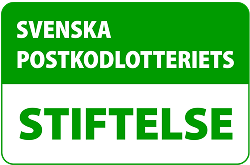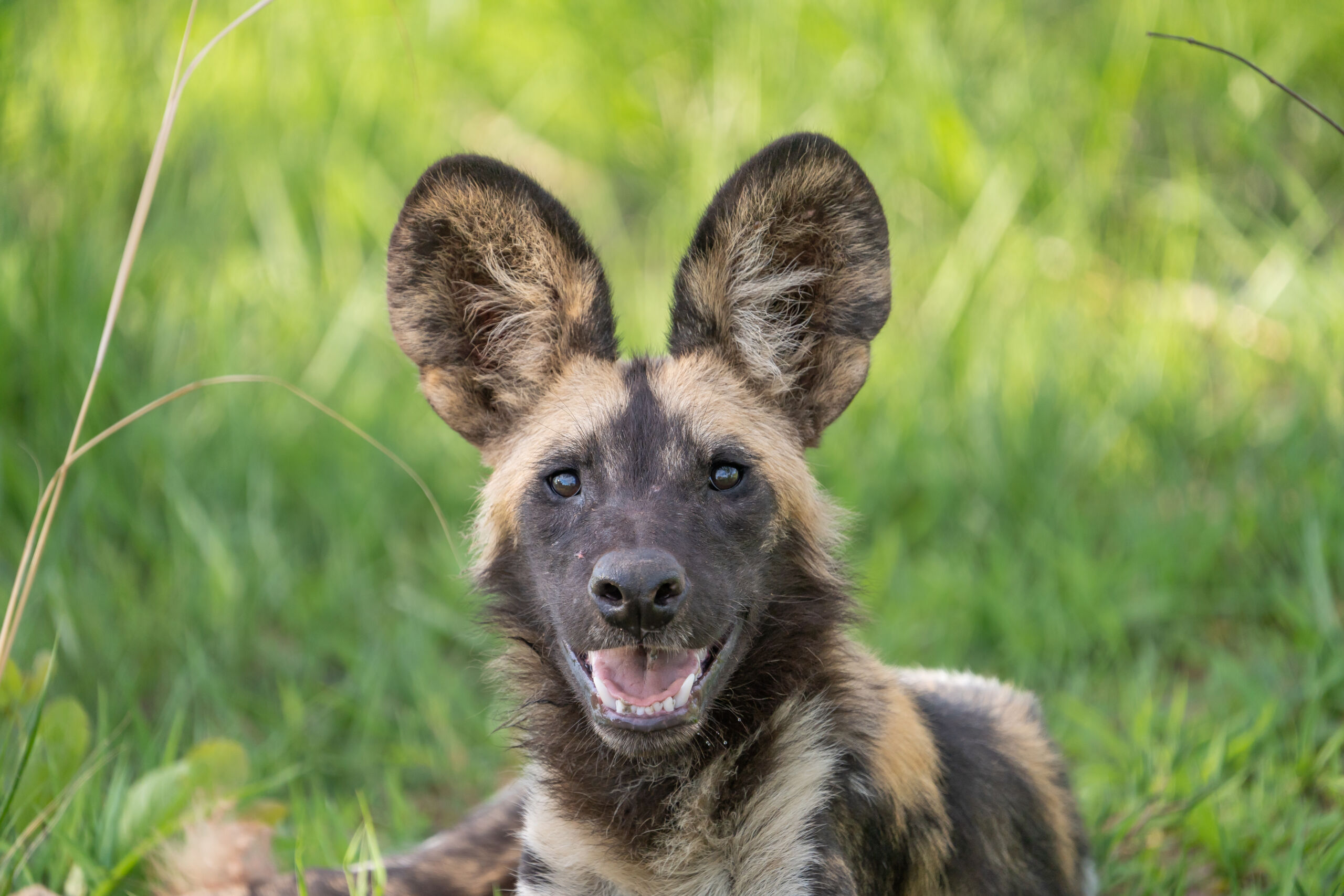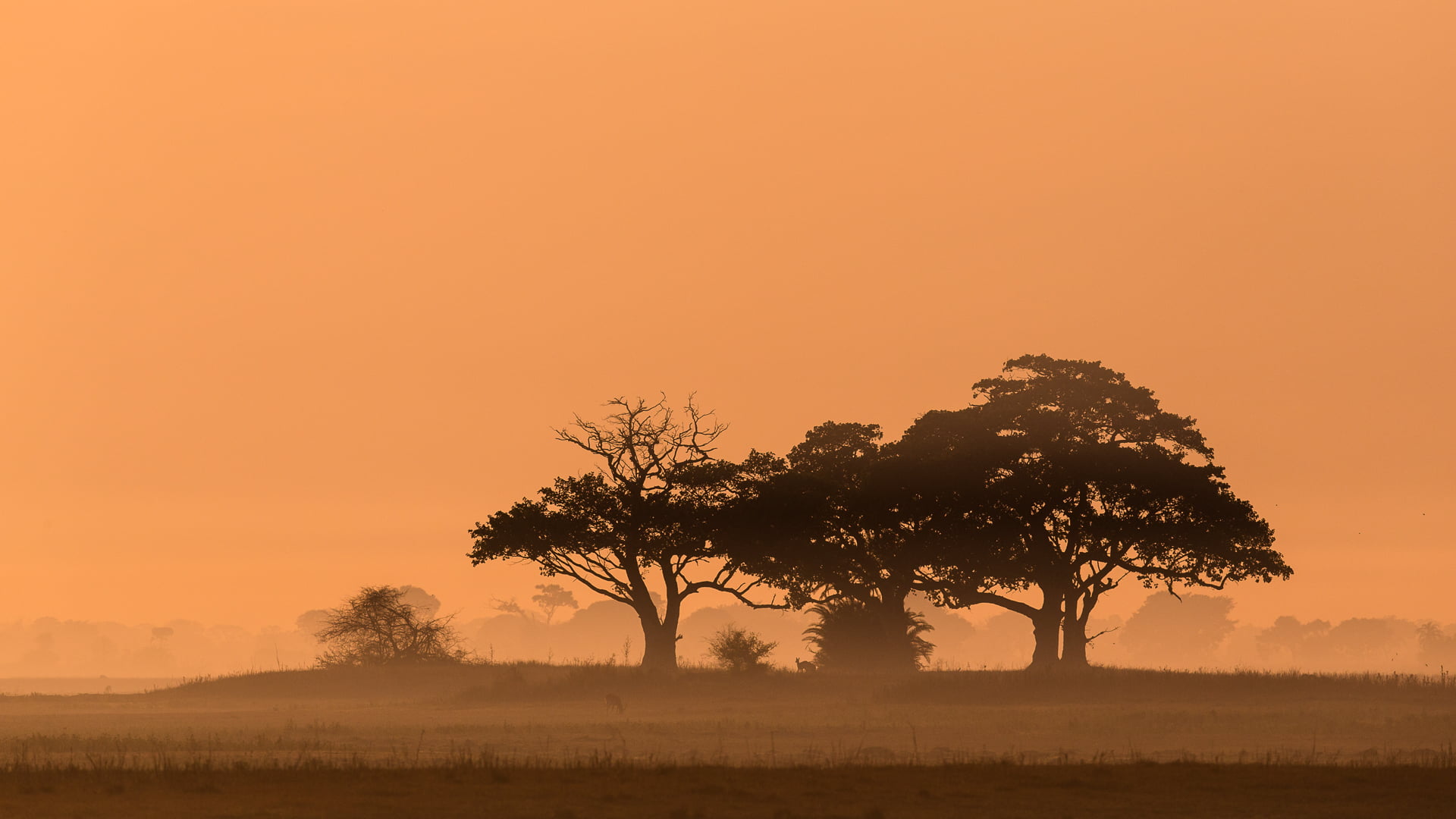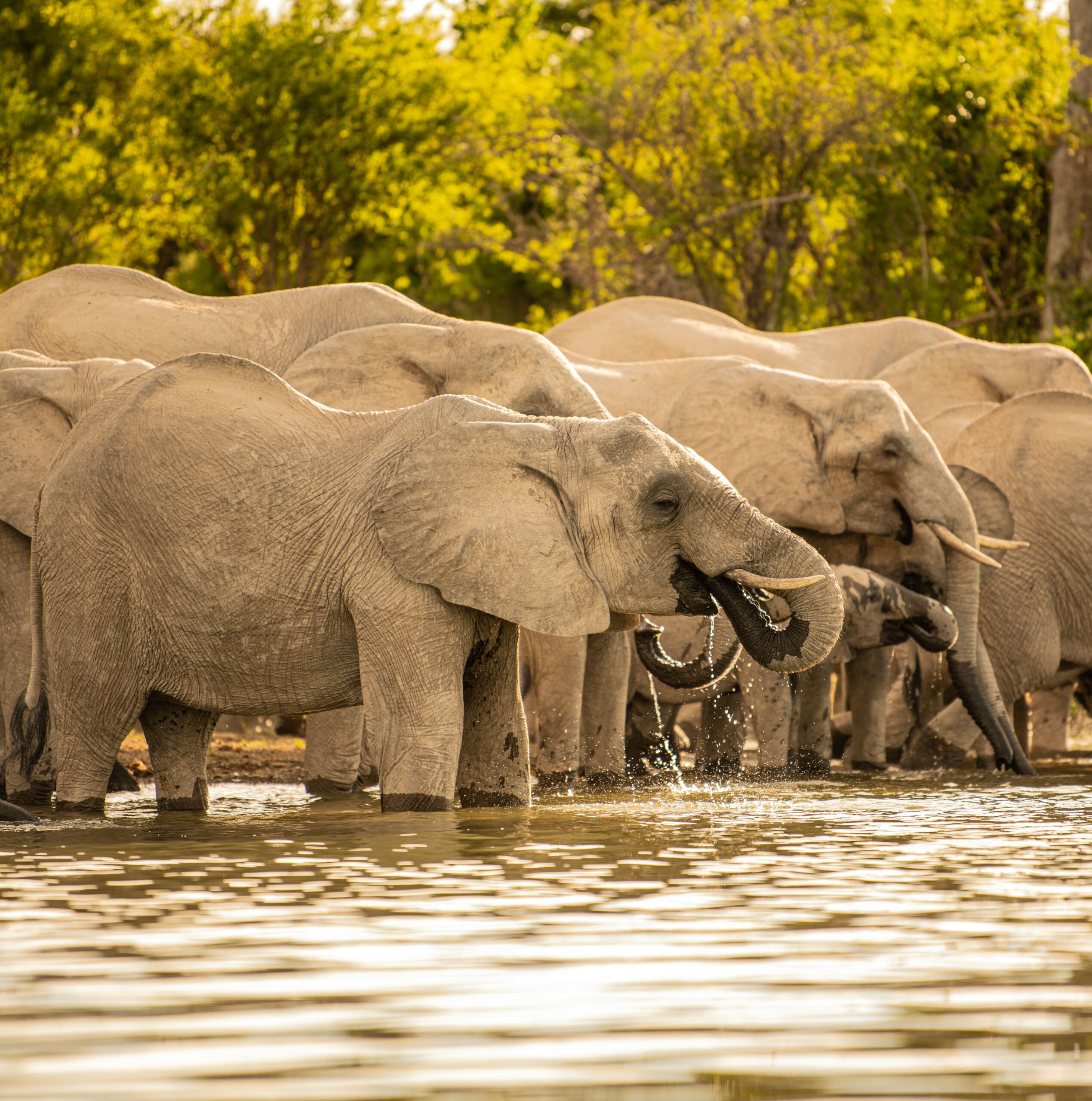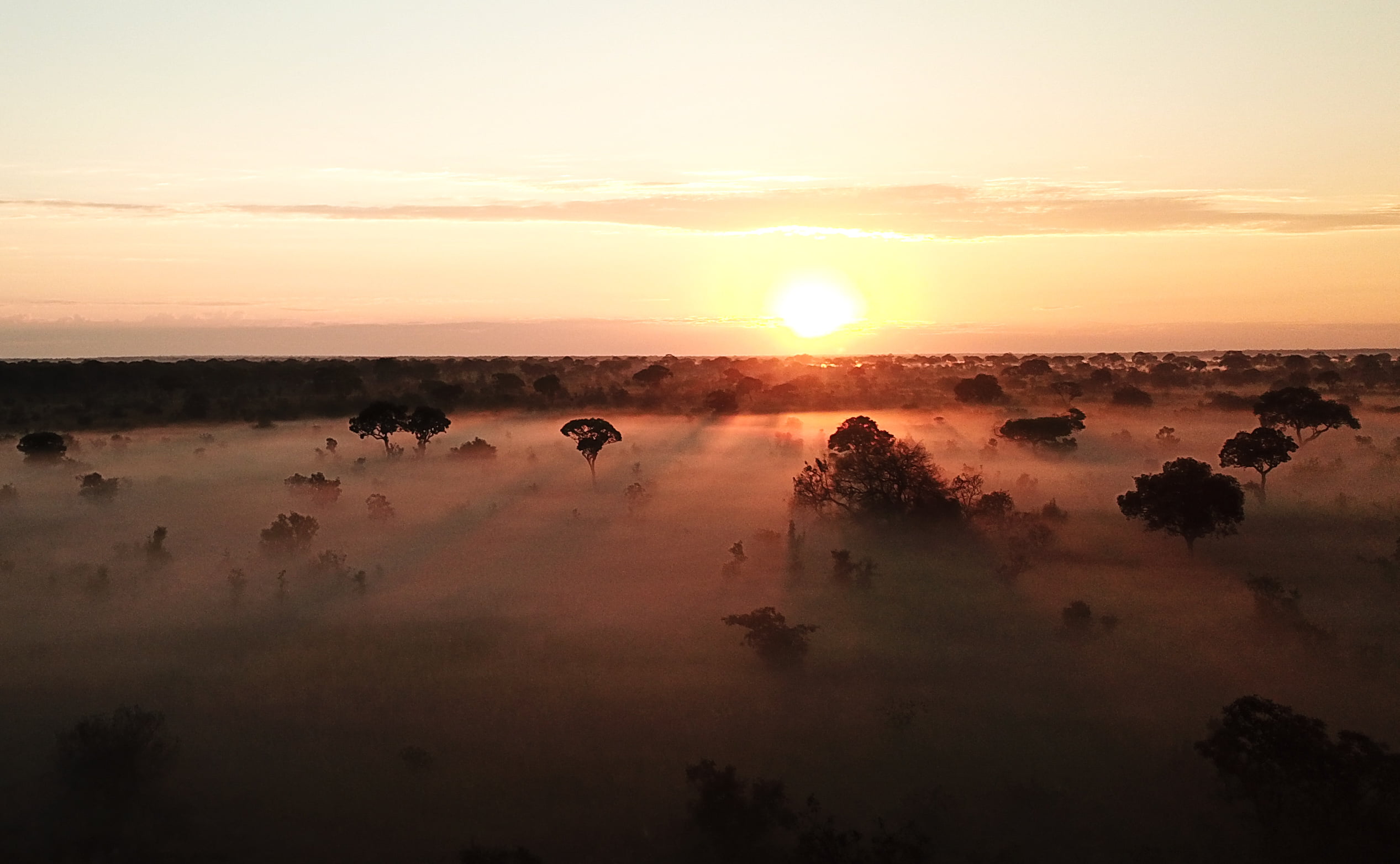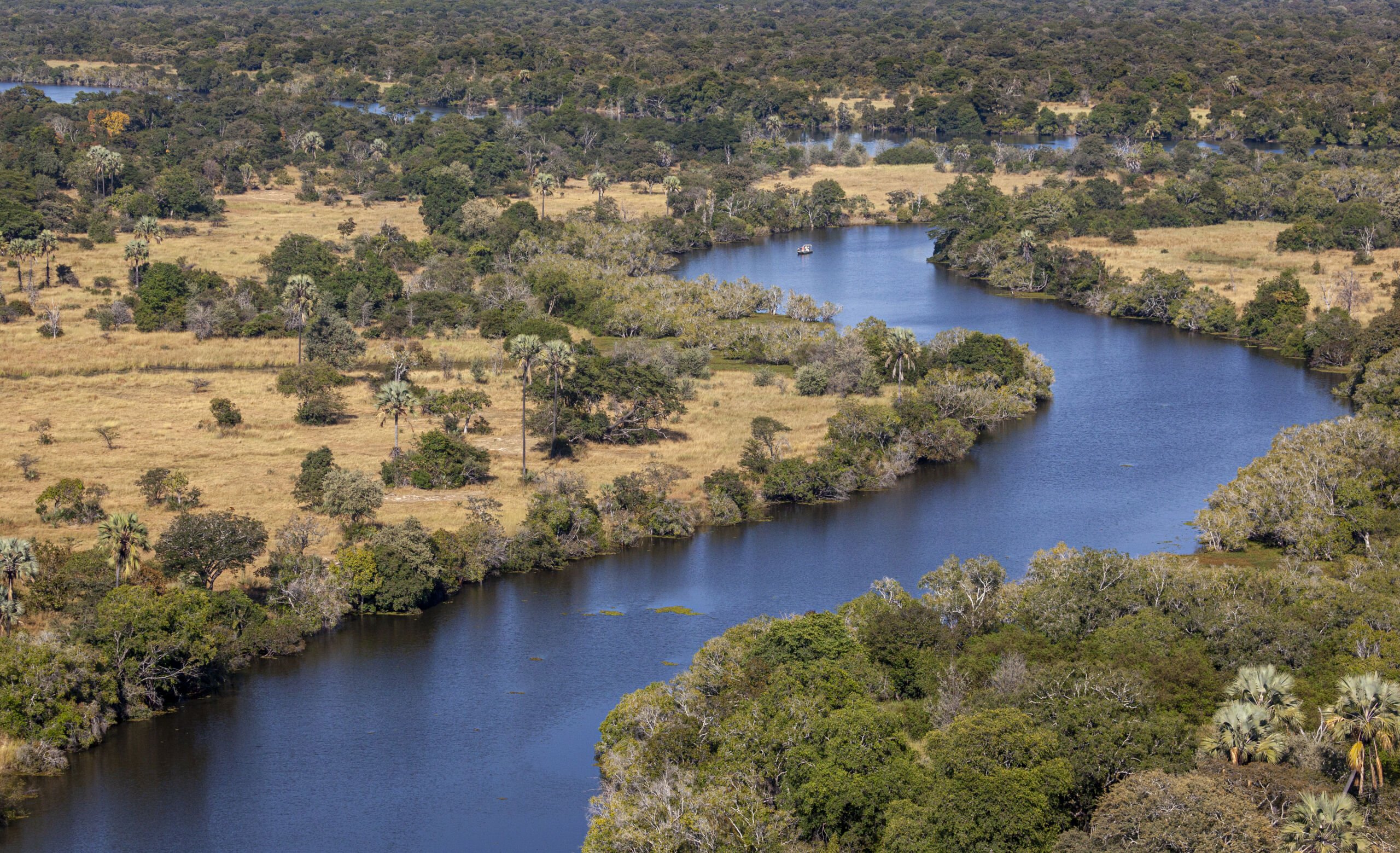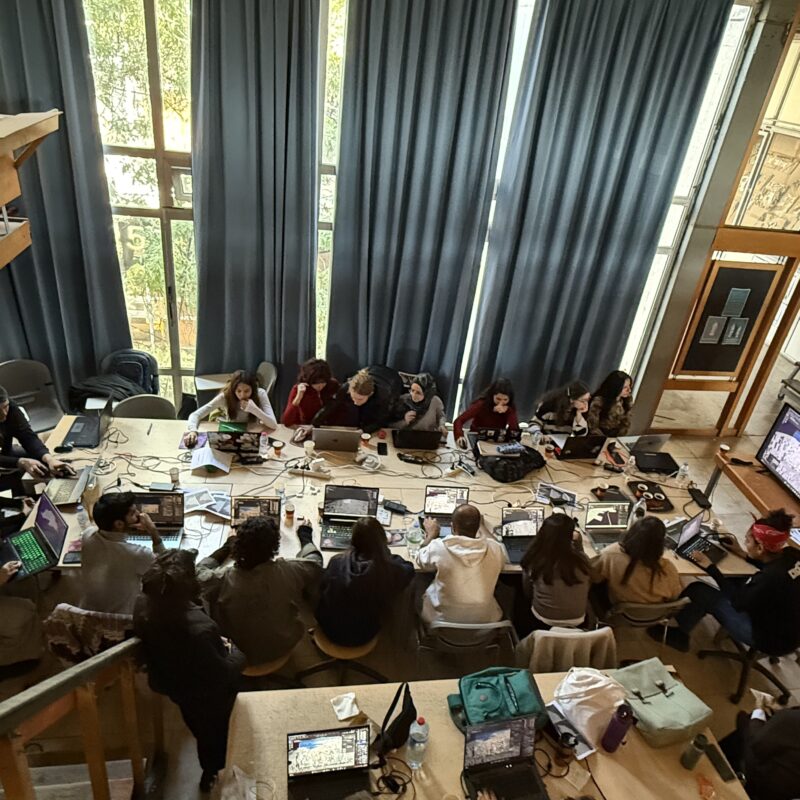African Parks Network
Restoring Kafue National Park
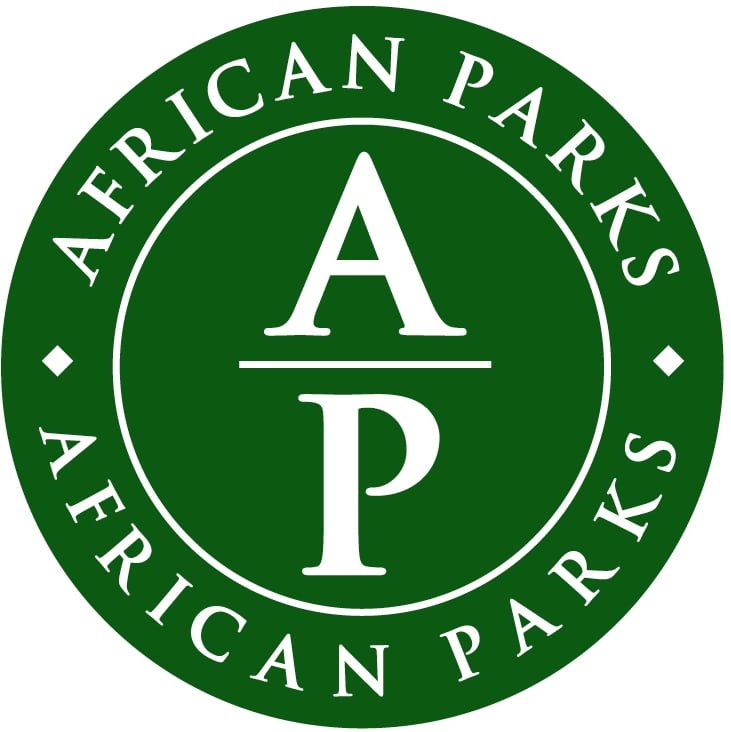
Project information
 The project is funded with
The project is funded with
 Location
Location
 Duration of the project
Duration of the project
 Time status
Time status
 Focus area
Focus area
Africa’s wildlife and habitats, such as forests, savannahs, and wetlands, are under severe pressure due to an increasing impact from a growing human population. The habitats are now almost entirely made up of Africa’s protected reserves and national parks. Unfortunately, not only are many of these heavily threatened by poaching and illegal international trade in animals, but also by the local population’s need for food in the form of meat and fish, the demand for firewood and charcoal, and the conversion of natural areas into agricultural land.
Kafue National Park is the largest and oldest park in Zambia. Together with nine surrounding conservation areas that form a buffer zone for the park, it covers an area that is 1.5 times the size of Denmark. Due to poor management, weak law enforcement and scarce resources, the park is today in urgent need of help to be able to recover. African Parks Network has just entered a new agreement for the management of the park.
In this project, African Parks Network wants to contribute to the restoration of Kafue National Park and increase animal populations, as well as create conditions for sustainable livelihoods and improved living conditions for residents in the surrounding local communities.
The project is supported with SEK 6,000,000.
What does the project deliver?
– Community Needs Assessment is conducted – Stakeholder meetings to engage and educate is conducted – All management organizations in the local communities are engaged, trained and participate in regular reconciliation and development meetings; – Local small businesses receive seed funding, coaching, and support to develop business plans – Waterholes are drilled in vulnerable villages, where there is a shortage of water during the dry seasons – Digital training tablets with interactive educational materials are made available to students – New Park rangers are recruited from among the local population, trained, equipped, and begin their work
Why do we support this project?
The project contributes to protecting and strengthening ecosystems and increasing animal populations in Kafue National Park, as well as improving living conditions and increasing the livelihoods of the local population. The project fits well into the Postcode Foundation’s environmental strategy, to support projects with great potential to contribute to a long-term solution to pressing environmental challenges of global and national importance, as well as the Foundation’s multi-year priority on climate and biodiversity.
